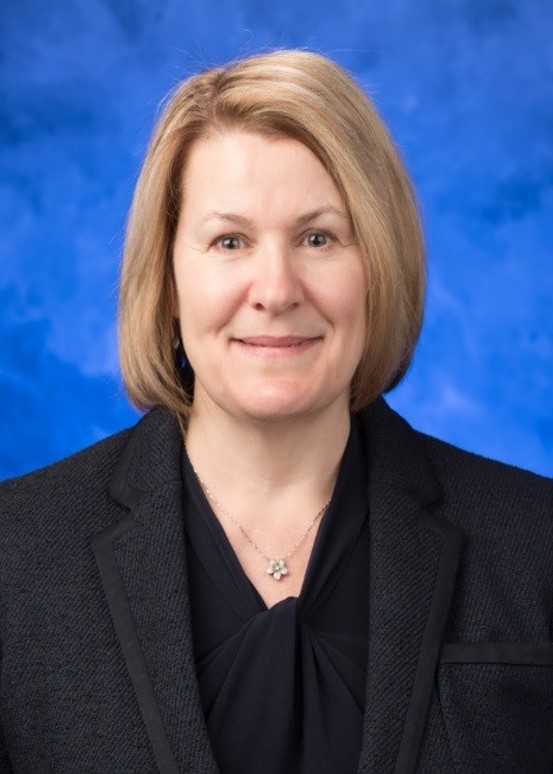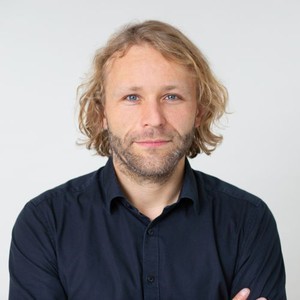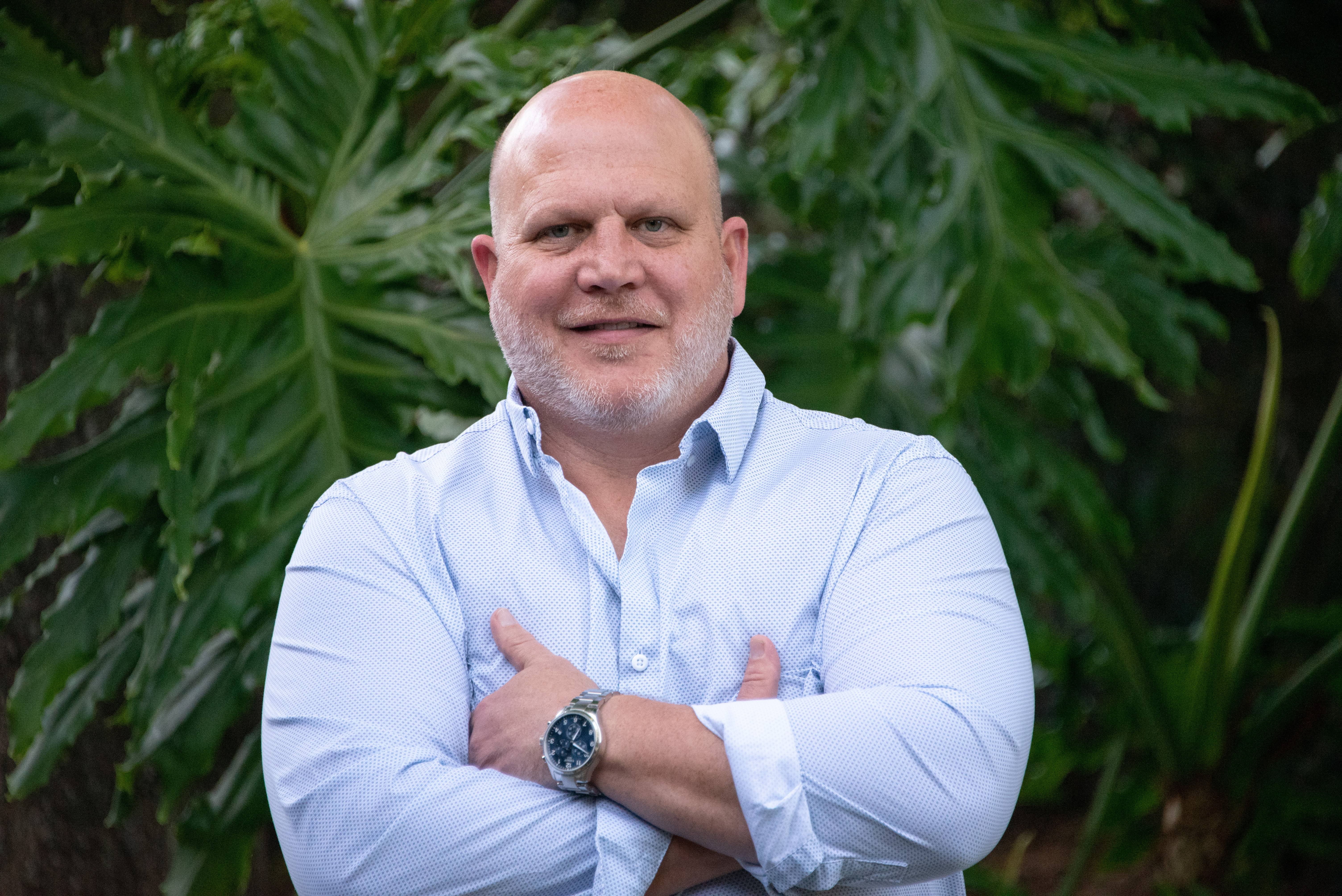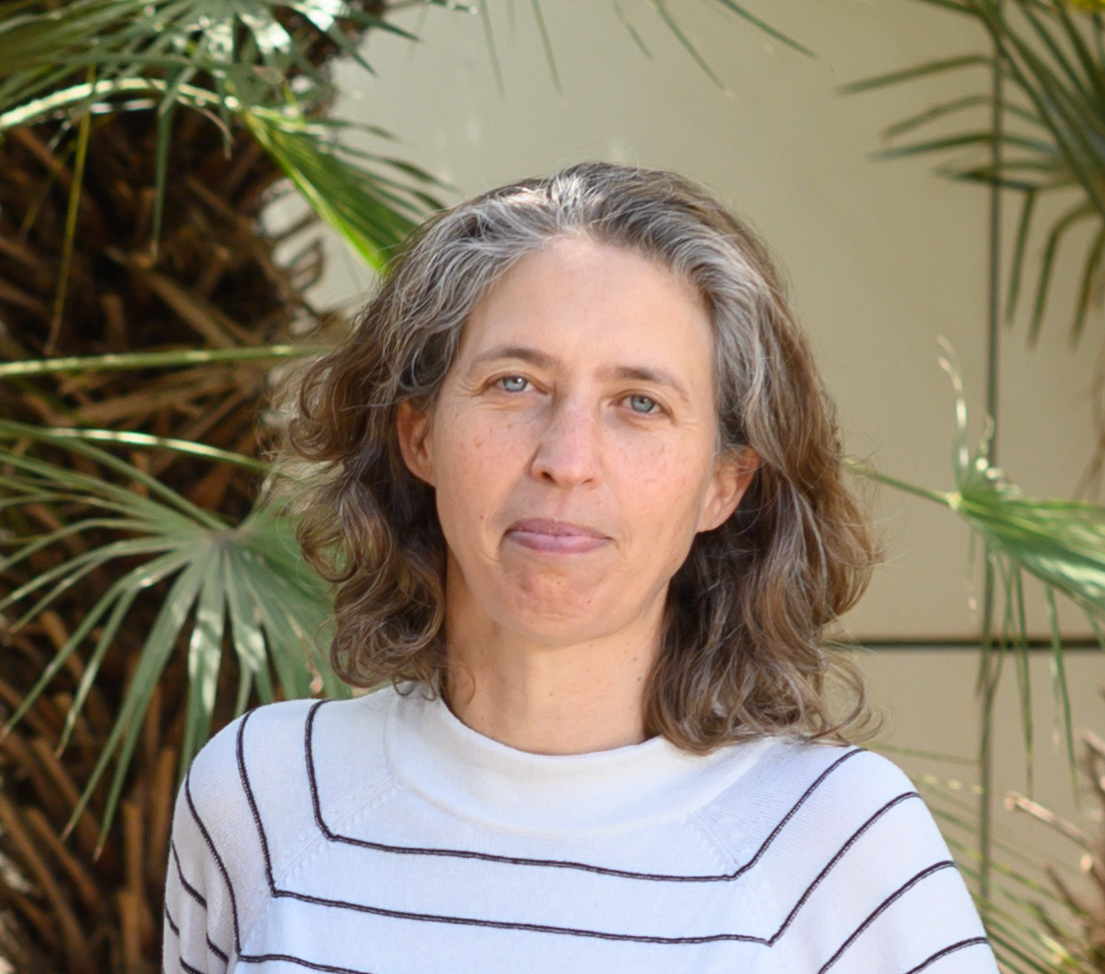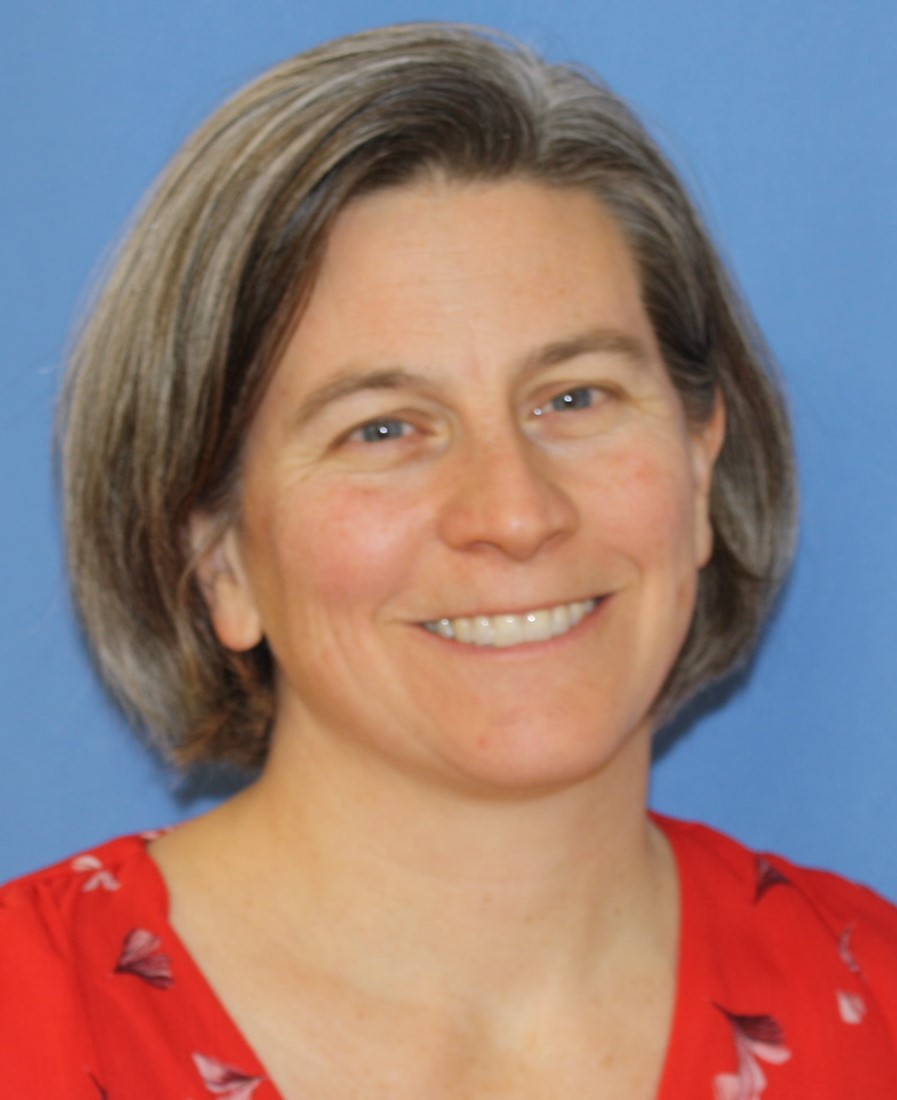Keynote & Symposium Speakers
PrintSaturday, 15 July
Opening Symposium II - Evolution & Genomics
17:40-18:05

Irene Goerzer
Associate Professor
Center for Virology, Medical University of Vienna
Austria
Opening Symposium I - Evolution & Genomics
17:15-17:40
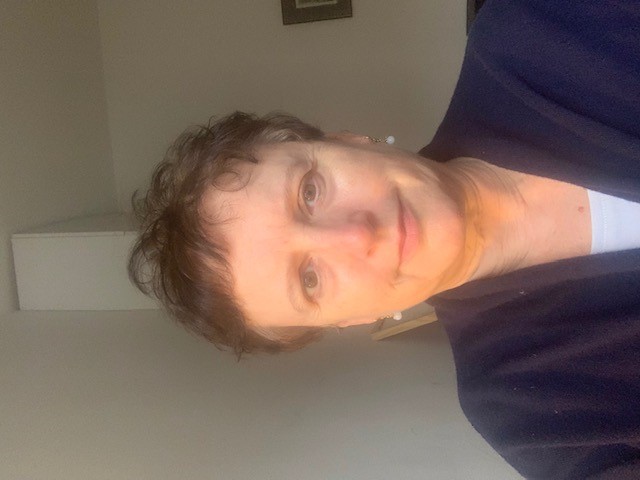
Opening Symposium III - Evolution & Genomics
18:05-18:30
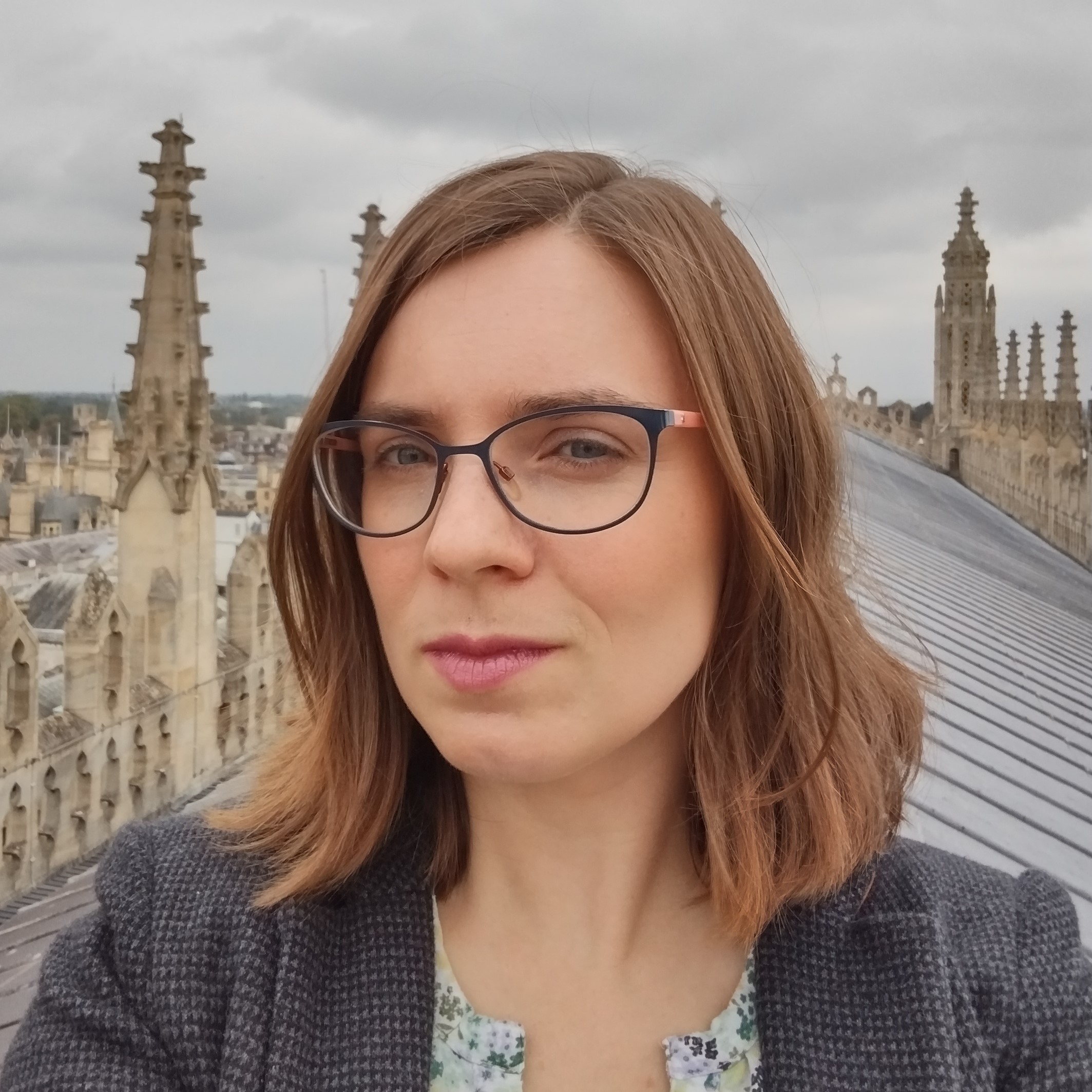.jpg)
Sunday, 16 July
Keynote 1 - Entry and Egress
8:35-9:15

Symposium 1A - Entry and Egress
9:15-9:40
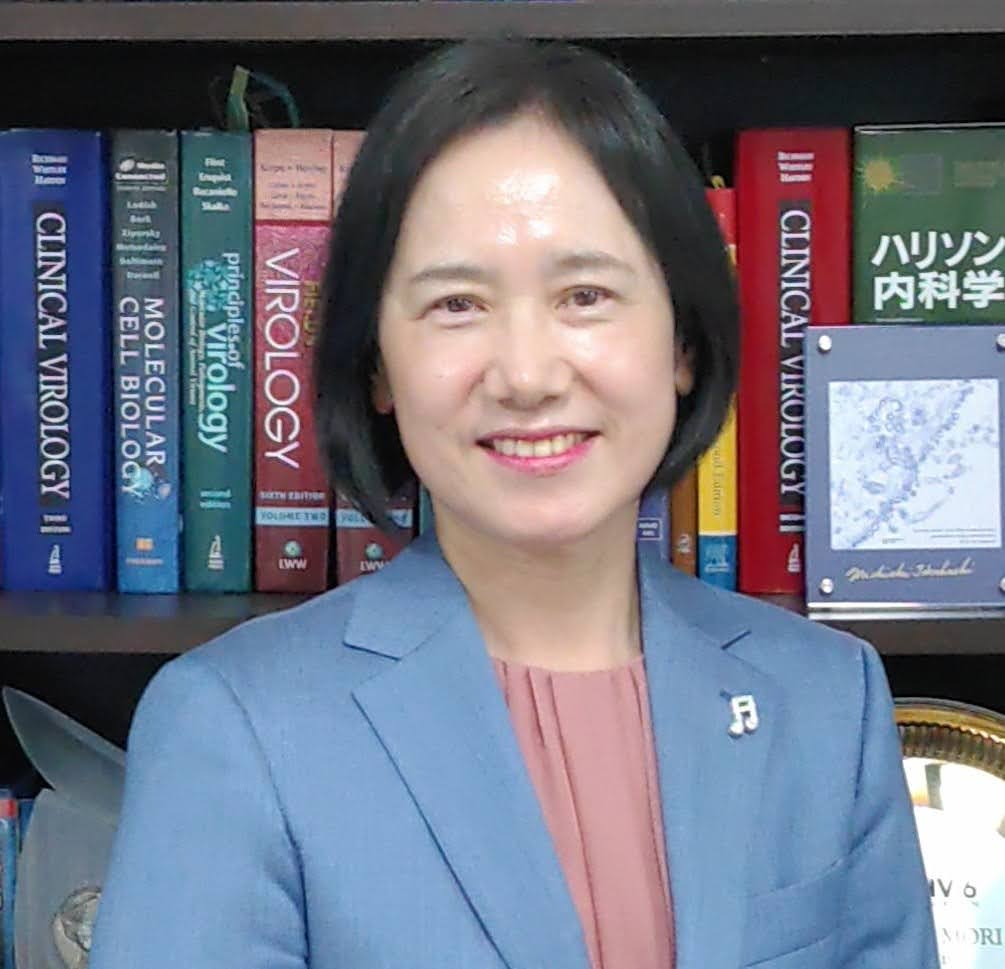
Symposium 1B - Entry and Egress
9:40-10:05
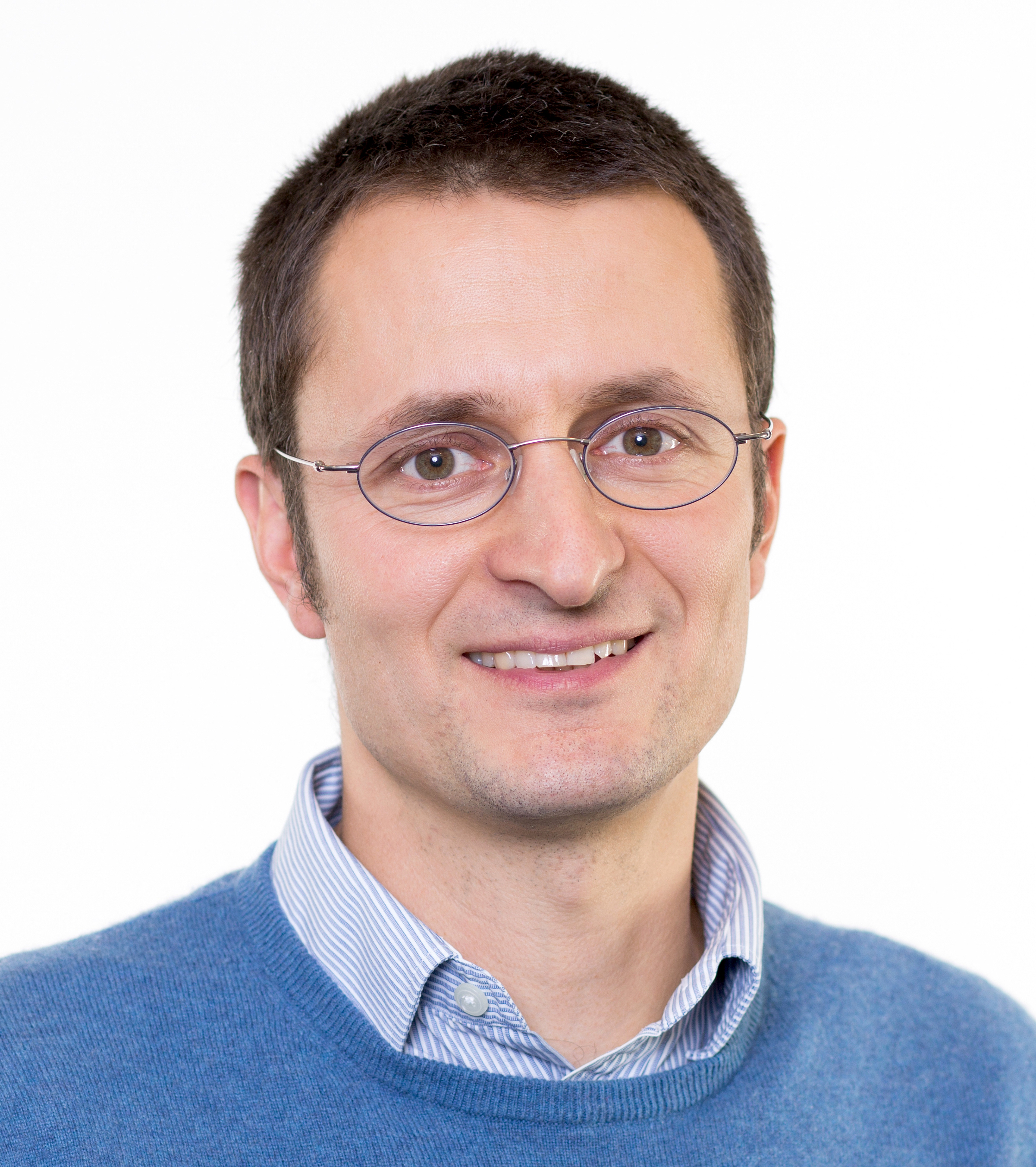
Keynote 2 - Virus-Host Interactions
13:30-13:55
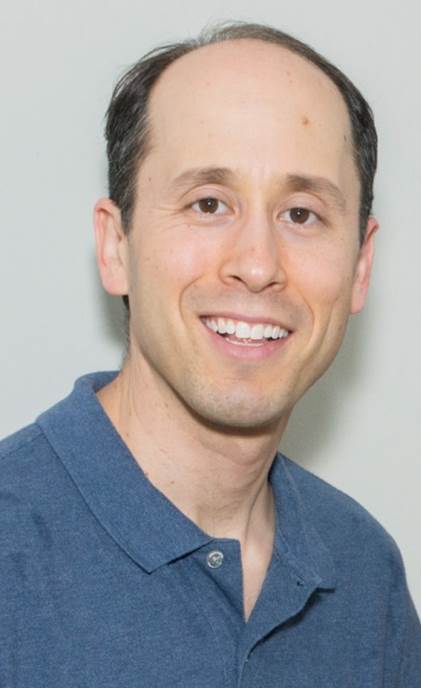
Symposium 2A - Virus-Host Interactions
13:55-14:20
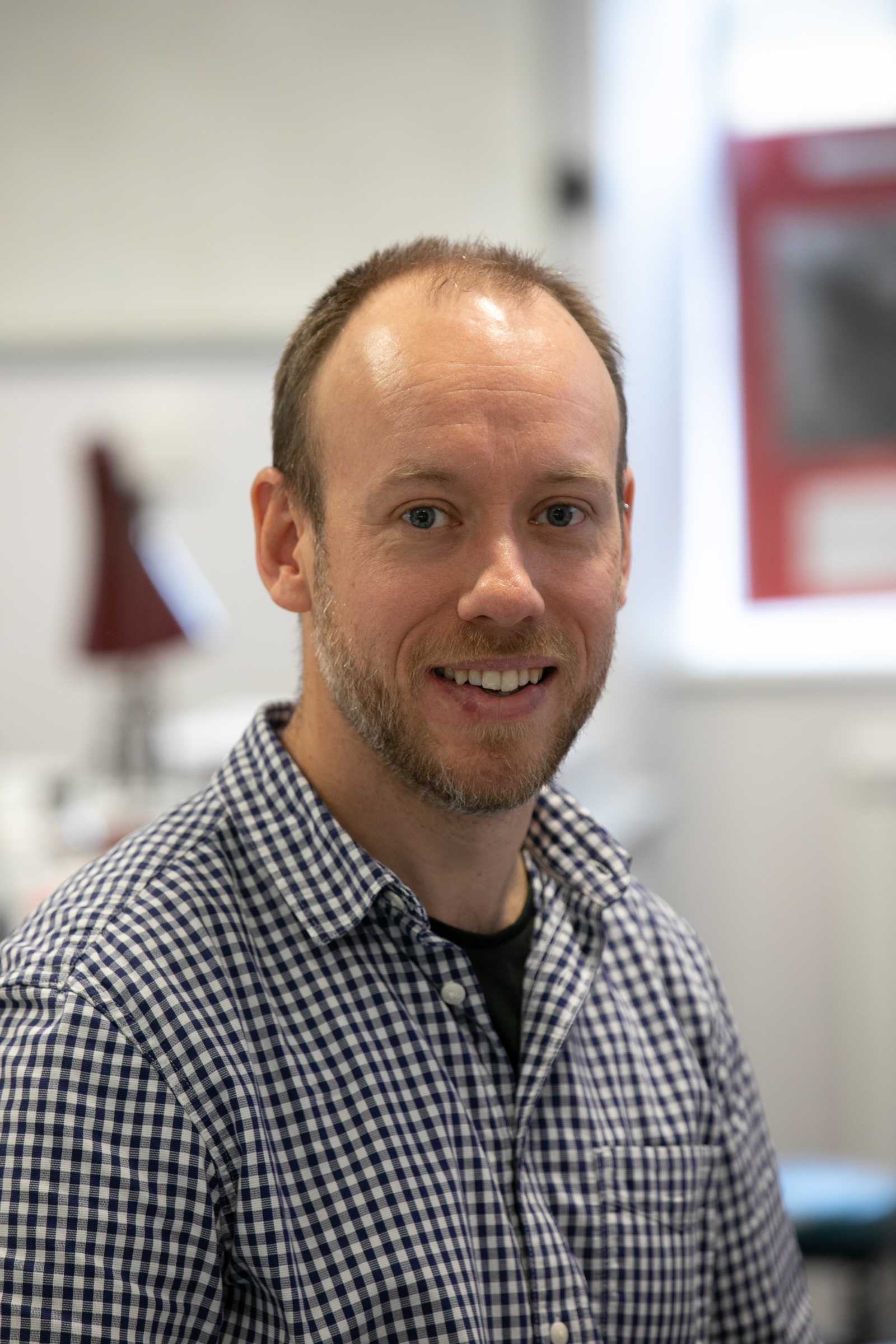
Symposium 2B - Virus-Host Interactions
14:20-14:45
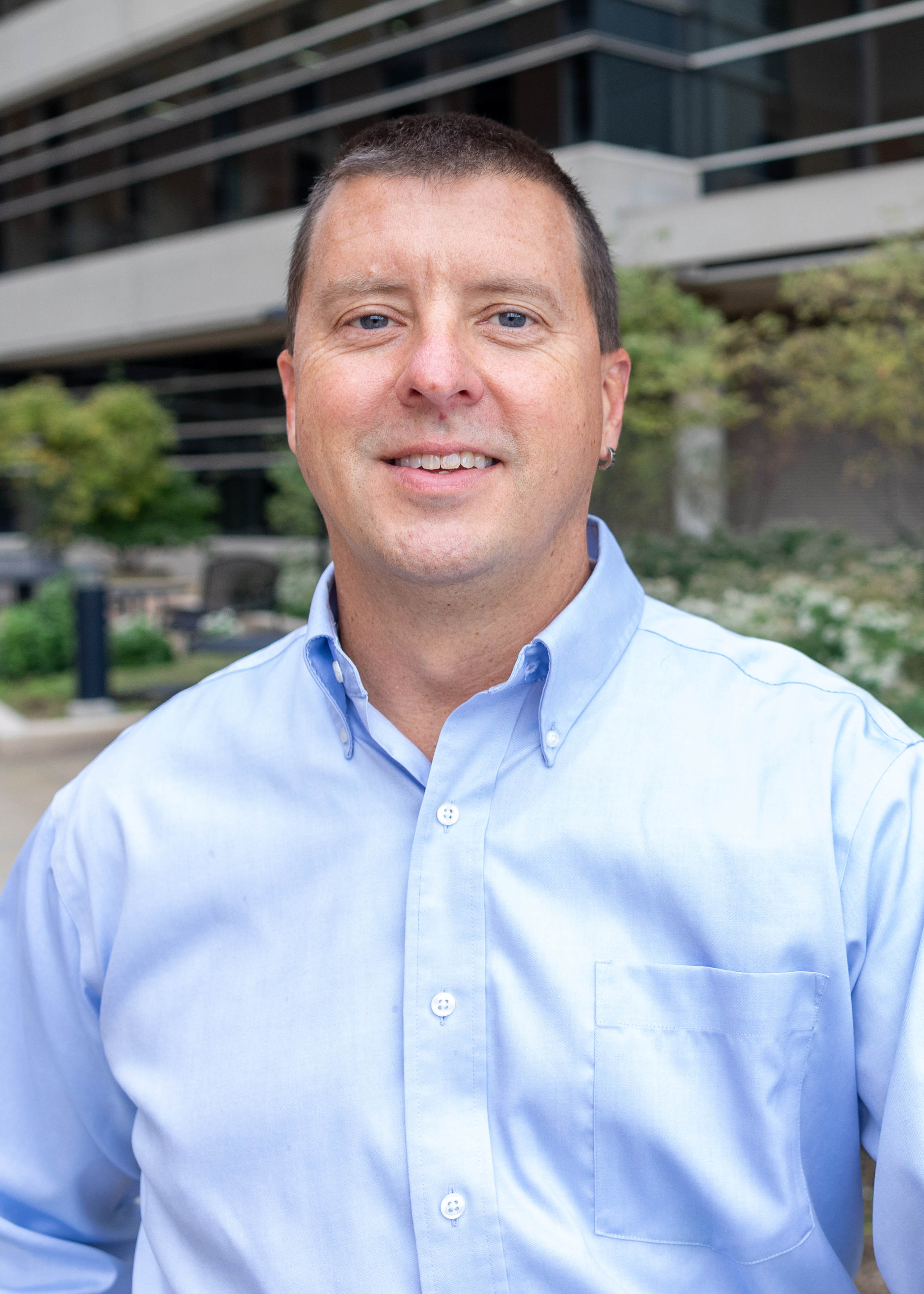
Rob Kalejta
Professor of Oncology and Molecular Virology
University of Wisconsin-Madison
United States
Symposium 2C - Virus-Host Interactions
14:45-15:10

Symposium 1C - Entry and Egress
10:05-10:30
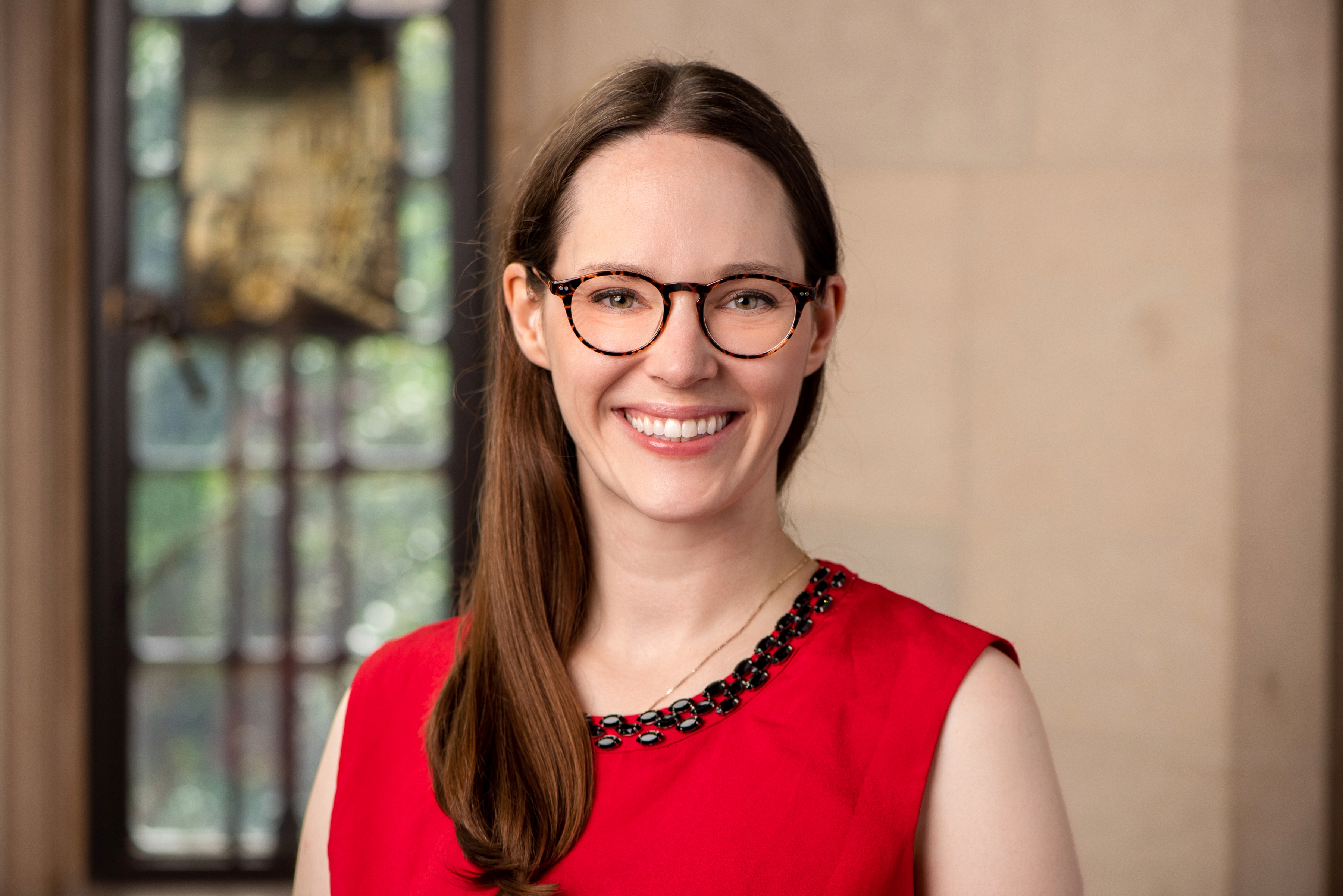
Allison Didychuk
Assistant Professor of Molecular Biophysics & Biochemistry
Yale University
United States
Monday, 17 July
VZV Foundation Lecture
11:40-12:20

David Koelle
Professor, Division of Allergy and Infectious Diseases, Department of Medicine
University of Washington
United States
Keynote 3 - Immunity & Vaccines
8:30-9:15
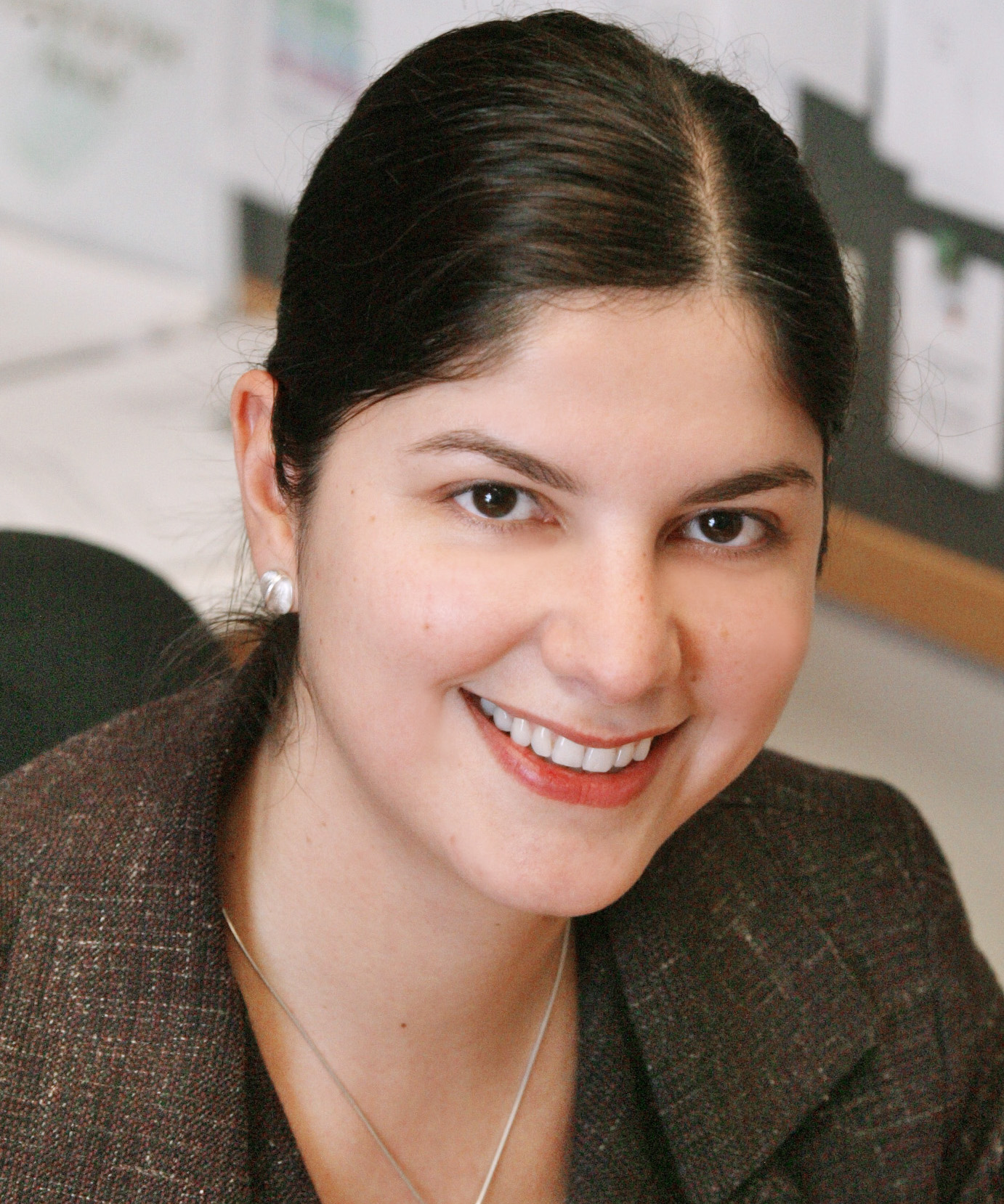
Symposium 3A - Immunity & Vaccines
9:15-9:40

Blossom Damania
Boshamer Distinguished Professor & Vice Dean for Research
UNC Chapel Hill
United States
Symposium 3C - Immunity & Vaccines
10:05-10:30

Sita Awasthi
Associate Professor Research
Perelman School of Medicine University of Pennsylvania,
United States
Symposium 3B - Immunity & Vaccines
9:40-10:05
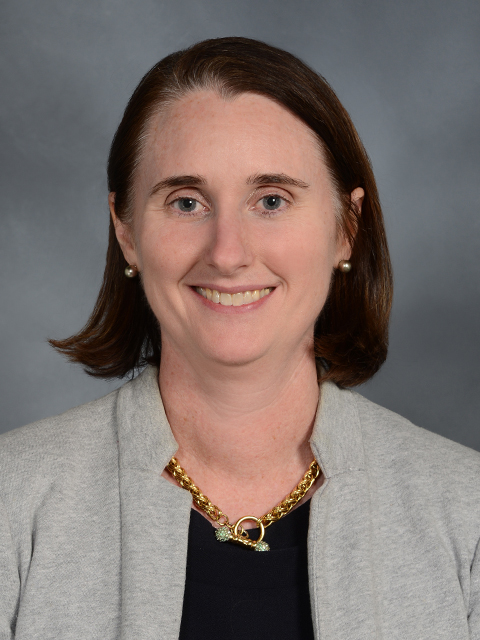
Tuesday, 18 July
Keynote 4 - Latency & Pathogenesis
8:35-9:15
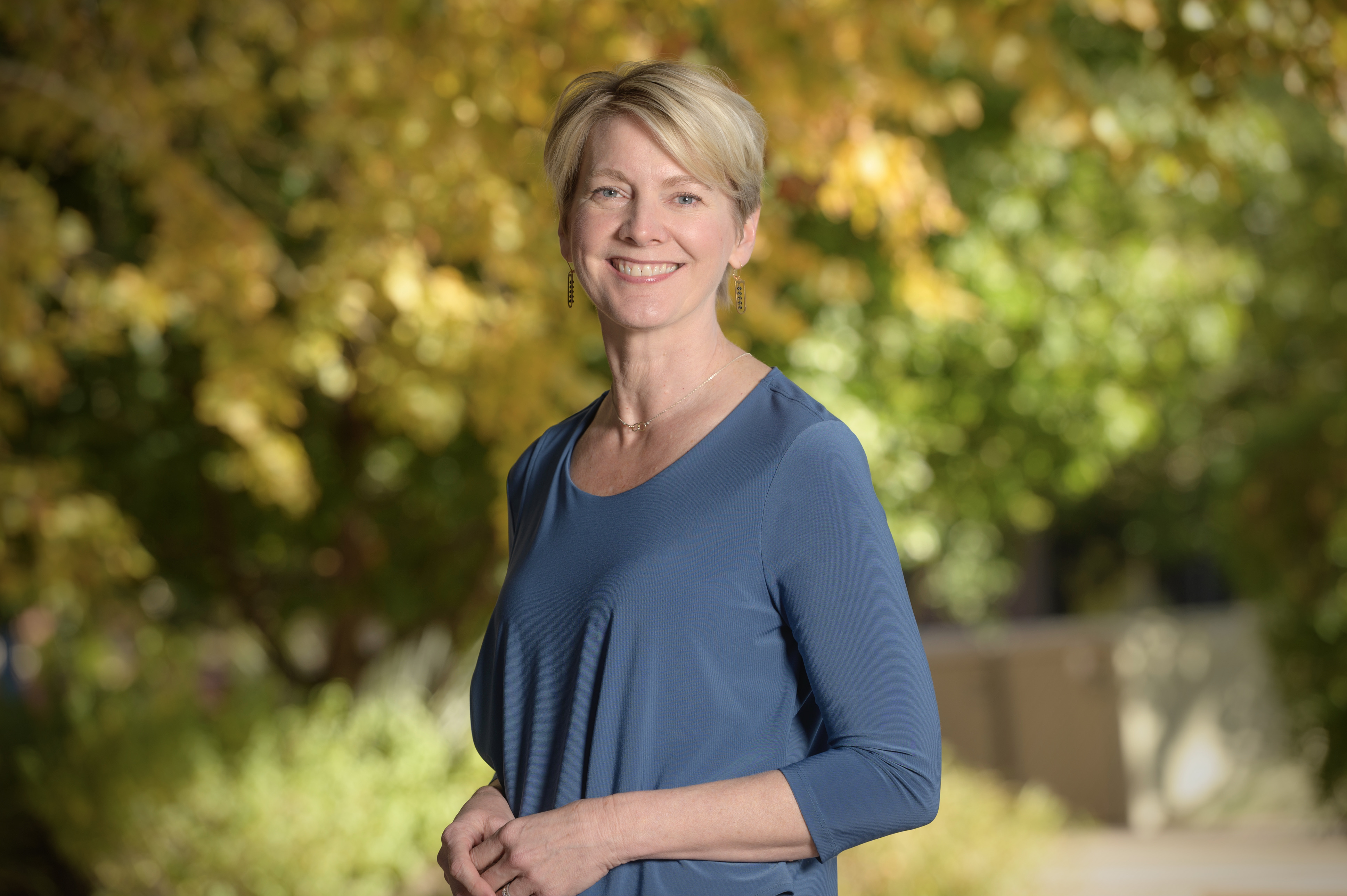
Symposium 4A - Latency & Pathogenesis
9:15-9:40
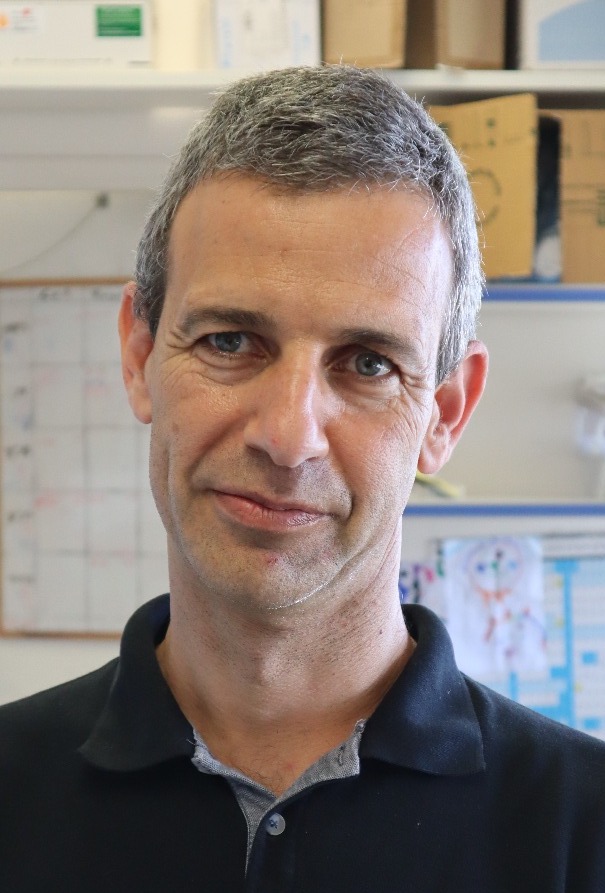
Oren Kobiler
Clinical Microbiology and Immunology
Faculty of Medicine Tel Aviv University
Israel
Symposium 4B - Latency & Pathogenesis
9:40-10:05
Symposium 4C - Latency & Pathogenesis
10:05-10:30
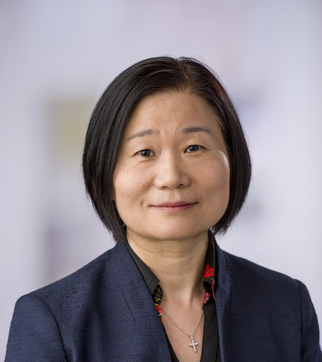
Jia Zhu
Associate Professor
Fred Hutchinson Cancer Center & University of Washington
United States
Keynote 5 - Epigenetics & Systems Biology
13:30-13:55
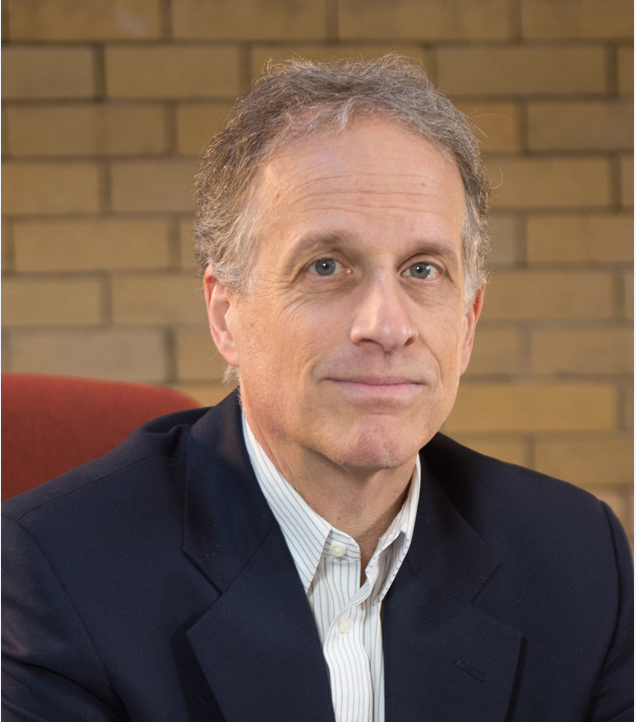
Symposium 5A - Epigenetics & Systems Biology
13:55-14:20
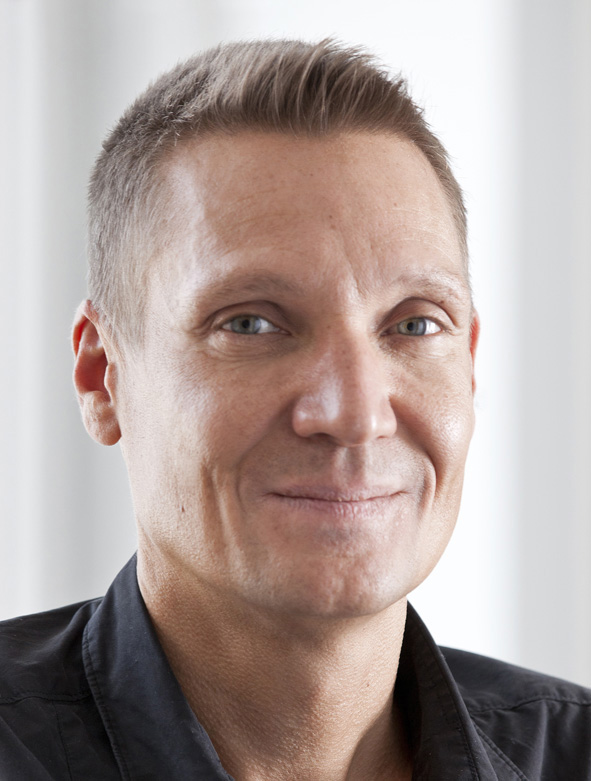
Symposium 5B - Epigenetics & Systems Biology
14:20-14:45
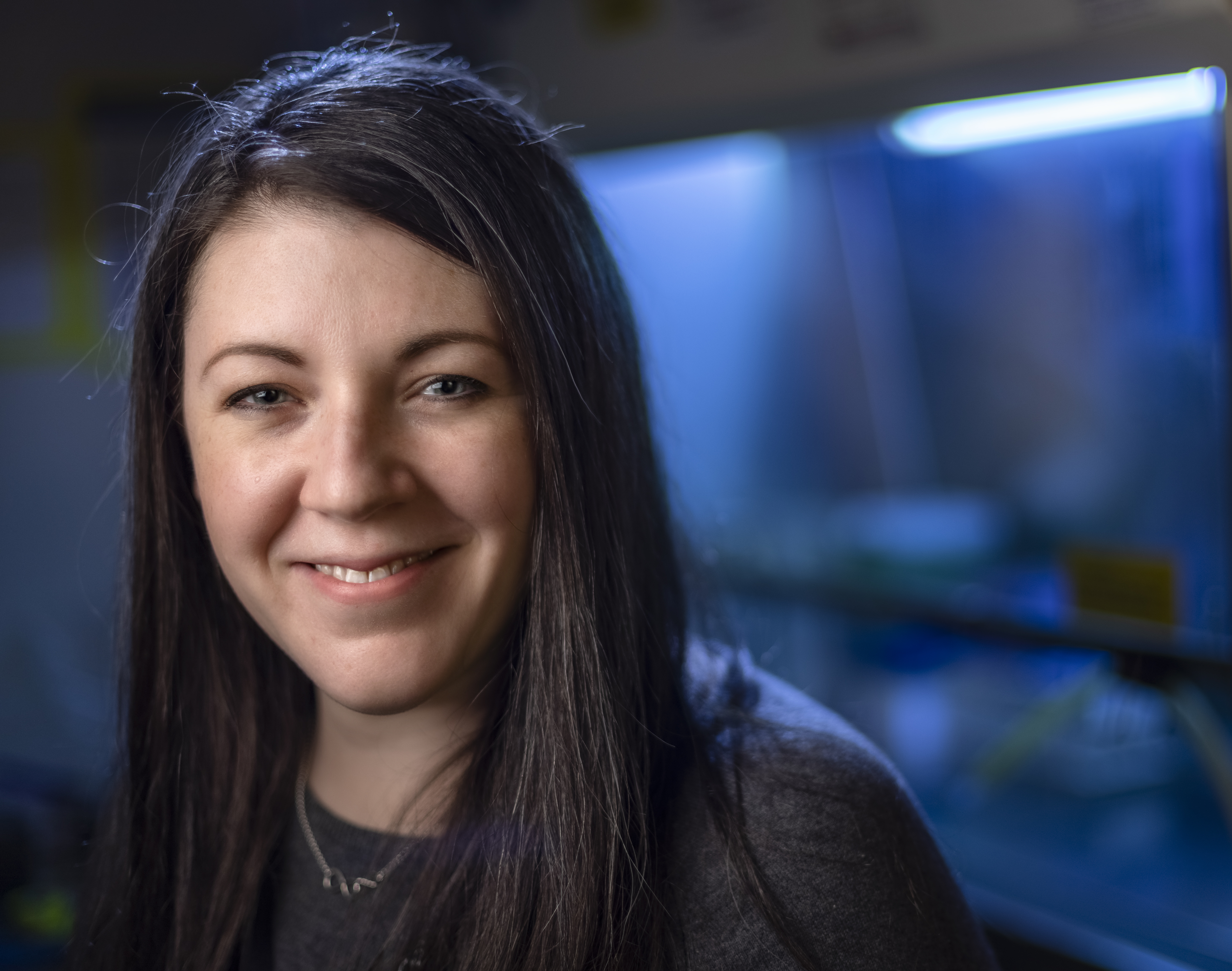
Symposium 5C - Epigenetics & Systems Biology
14:45-15:10
Wednesday, 19 July
Keynote 6 - Gene Expression
8:35-9:15
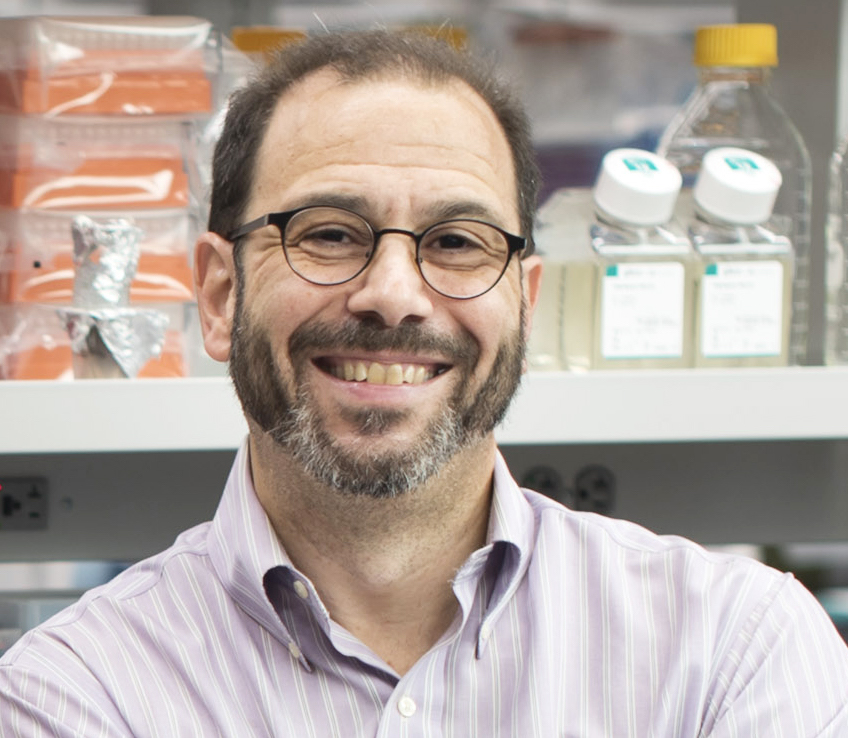
Symposium 6C - Gene Expression
10:05-10:30
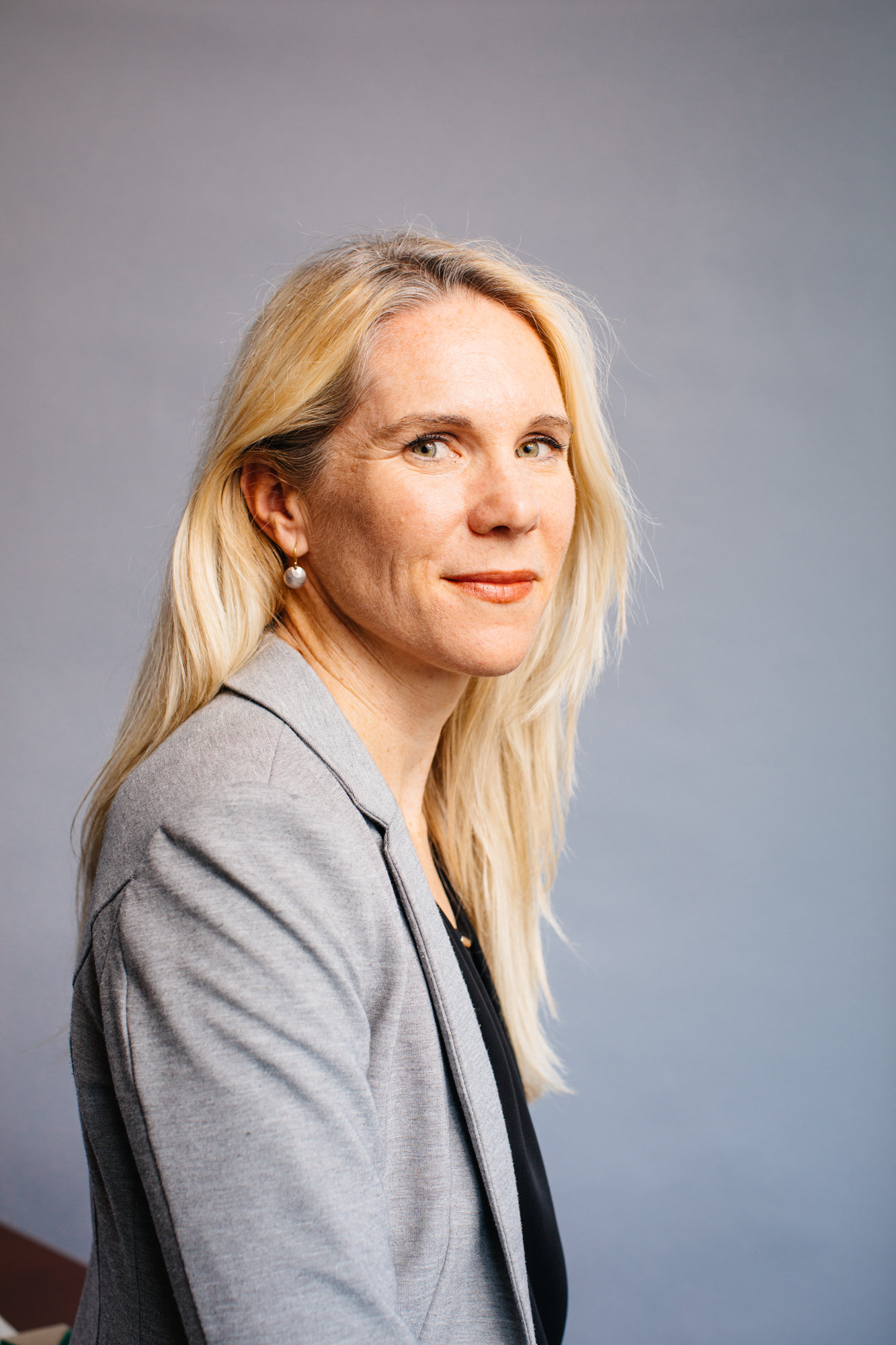
Britt Glaunsinger
Professor/HHMI Investigator
University of California Berkeley/HHMI
United States
Keynote 7 - Epidemiology
13:30-13:55
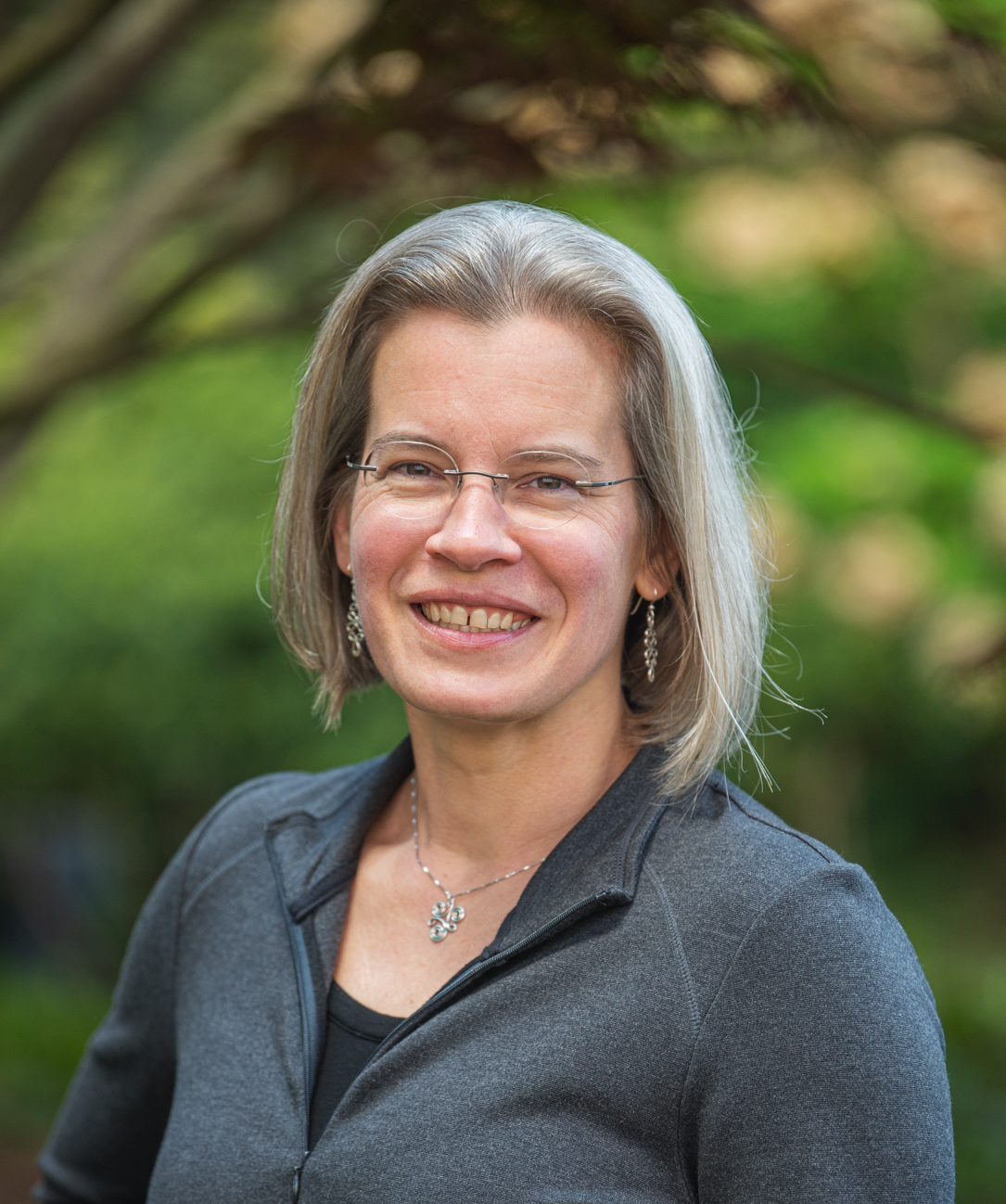
Bernard Roizman Lecture
15:30-16:10
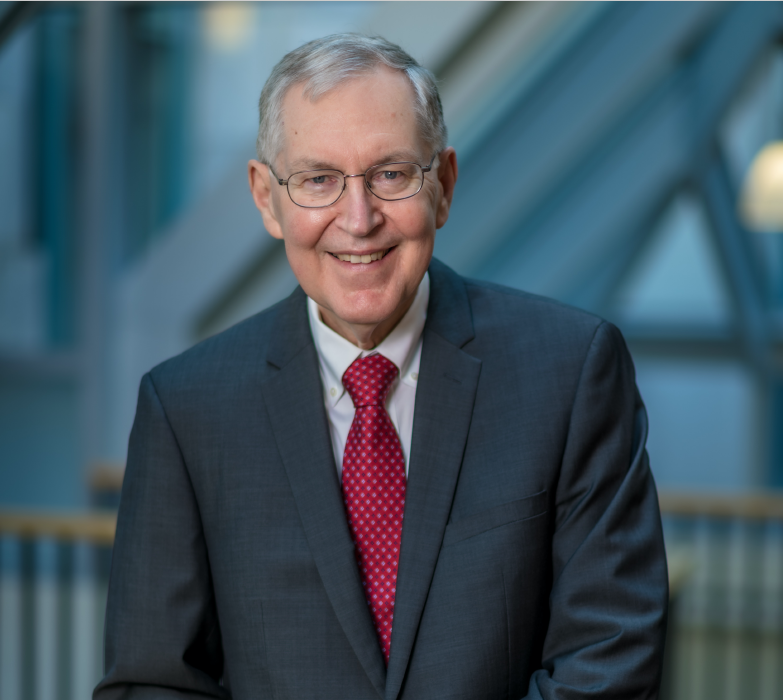
David Knipe
Higgins Professor of Microbiology and Molecular Genetics
Harvard Medical School
United States
Symposium 7B - Epidemiology
14:20-14:45
